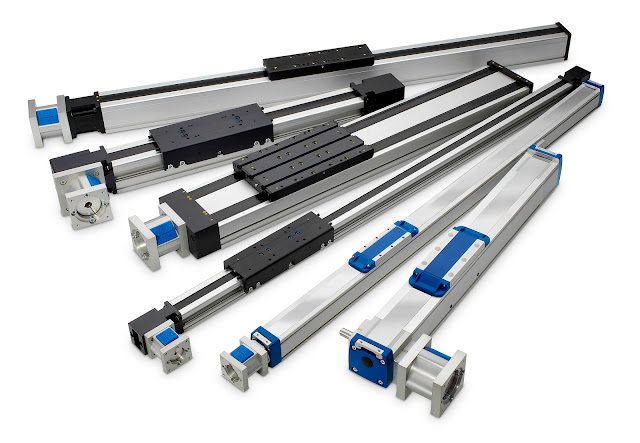DNA Extraction Kits Offer a Nontoxic, Efficient and Simple Method for Isolating DNA From Cultured Cells, Tissues and Blood Samples
DNA extraction is an essential step in many molecular biology applications. The quality of extracted DNA affects the result of subsequent experiments and may be affected by several factors, including the contaminants in the sample. There are a variety of commercial kits for DNA isolation from various biological materials. Using a minimally-destructive approach preserves the external integrity of the specimens. The use of a DNA extraction kit may be an important step in preserving the integrity of museum specimens for use in future molecular studies. However, there are still some challenges to extracting DNA from these materials.
The most effective kits are those that have the ability to minimize sample-to-sample variability and to ensure that purified DNA is consistent. These kits are designed to ensure that DNA is purified at the highest possible quality. DNA extraction kits are also useful for RAPD and Southern blotting. There are a variety of kits available to isolate DNA from a number of different biological sources, such as plant materials, rodent tissues, and human tissues.
The global DNA Extraction Kits Market was valued at US$ 1,389.7 Mn in 2021 and is forecast to reach a value of US$ 2,320.6 Mn by 2028 at a CAGR of 7.7% between 2022 and 2028.
The DNeasy kit is a popular commercial kit that is designed to provide a high DNA yield from a minimal amount of tissue. The DNeasy kit requires no organic extraction and produces a PCR-ready DNA. It uses a spin column to reduce the complexity of the extraction process. The PicoPure DNA Extraction Kits is a PCR-ready, non-organic kit that provides a fast and easy way to isolate and purify genomic DNA. It also includes Proteinase K for the complete extraction procedure.
The Monarch(r) PCR & DNA Clean-up Kit was evaluated to determine if it could efficiently remove contaminants and other particles from museum specimens. It has a protocol for Oligonucleotide Clean-up, a step that was found to increase the amounts of DNA extracted from these specimens. It is available from New England Biolabs. A recent study compared the use of three different silica-based DNA extraction kits. Two of the kits, Monarch and DNeasy, used a destructive approach, while the third, innuPREP, employed a minimally-destructive technique. The purpose of this study was to determine if these types of kits could be effectively applied to a wide range of specimens. The results showed that the Monarch kit yielded considerably higher DNA than both the DNeasy and innuPREP kits. It was also determined that the minimally-destructive method was effective for obtaining high DNA yields from older museum specimens.




Comments
Post a Comment